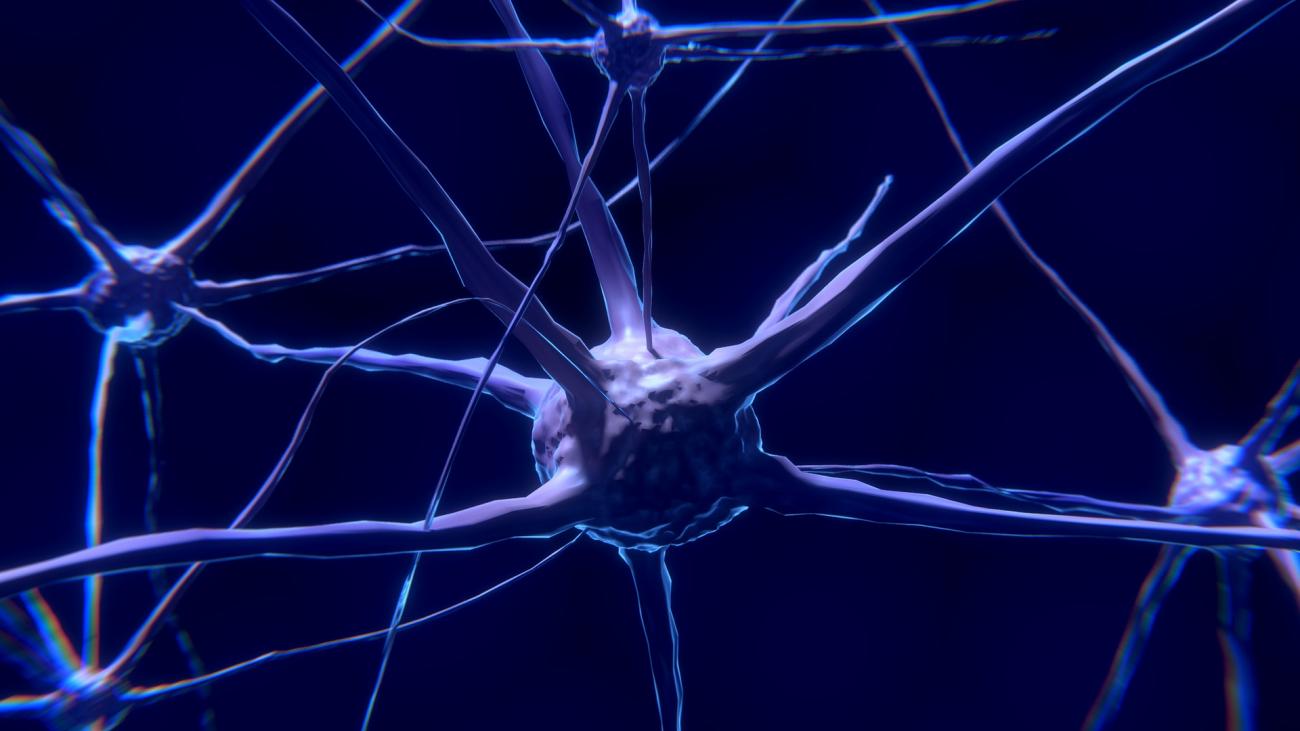Cognitive and neural mechanisms of persistence
People often choose larger future rewards over smaller immediate ones, but then abandon that choice before the future reward arrives. Examples include starting a diet but then not sticking to it, quitting smoking but then relapsing, and most new year's resolutions. Psychologists often explain such behavior by reference to fundamental limitations in human cognitive systems, such as limited willpower or self-control. I will argue for an alternative explanation, in which the failure to persist toward delayed outcomes arises from a rational reevaluation process regarding temporally uncertain delayed rewards. I will talk about our work showing the critical role of uncertainty in persistence towards future outcomes and examining how different forms of uncertainty are encoded in the brain and affect other neural representations during voluntary persistence.
This event is open to the public.




